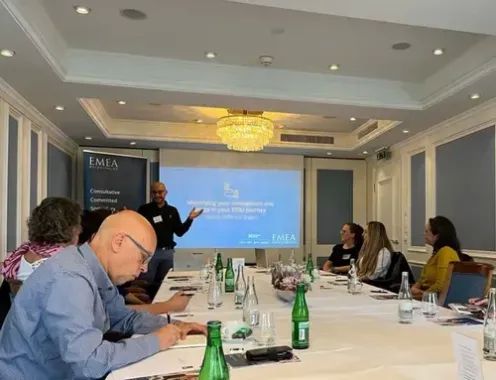
The Relevance of an EDI Strategy - and How to Implement One
Keely Straw, Associate Director, discusses the relevance of an EDI strategy and offers an insight into the ED&I Roundtable we held in Zurich.
In October, EMEA Recruitment partnered with Rubén Ramirez, Group Head Diversity and Inclusion at Syngenta, for our first ED&I Roundtable in Zurich.
This was an exclusive group, where leaders in ED&I across Switzerland gathered to discuss:
- Identifying your momentum and stage in your ED&I journey
- How to design an ED&I global strategy – identify needs for each population and engaging that population
- How to engage leaders and the employee community
- How to identify and measure progress
The session was very engaging, leading to further questions and topics of conversation. The main takeaways from some our participants were:
“There was never a better time to bring EDI to the forefront of strategic business discussions: social and economic change, ESG requirements, and creating a strong sense of belonging are boosting EDI conversations.
“To deliver a strong EDI agenda, we need courageous leaders and sponsorship. EDI also needs to be structurally embedded in our business processes. And no one size fits all: the EDI journey will need to start somewhere - and to be learned step-by-step along the way.”
Michaela Dedic - Diversity & Inclusion Leader at Novartis.
“Hints and insights on how to improve a DEI strategy, how to set up a good measurement system and appropriate metrics, and how to build the narrative of it… and show it to the key stakeholders.”
Piera Marongiu – DE&I Leader - Integrate Include Engage
“An open dialogue around values and needs is key at all levels of the company, as well as strong support from leadership to foster a culture of engagement and trust.
“Progress needs to be measured regularly with the right KPIs to check EDI strategy adapts and also takes business, as well as local, needs into account. This takes time, ongoing commitment, and a long-term perspective.”
Simon Kernahan – DE&I Consultant – Thriving Talent
I have seen in the market that candidates are wanting to work for organisations that align to their values, which includes robust ED&I strategies and polices, as well as sustainability and ESG. But how do you align those values across multiple generations within one workplace? Slight differences in work ethics and priorities can create tension.
We will continue to discuss ED&I topics and look forward to sharing more details of our next event with you soon.
Last quarter was extremely busy across all HR disciplines for EMEA Recruitment. Despite this being a busy time for HR, focusing on end of year/New Year budget reviews, hiring freezes, planning new headcounts, role creation and projects for 2023, we had one of the best quarters in relation to successfully completed assignments.
I would be keen to hear your thoughts across the market and understand if you would be interested in future roundtable events, either dedicated to ED&I or broader HR topics. In addition, I would welcome the opportunity to hear how diverse your employee lifecycle is and how this compares with the general market consensus.
Please feel free to contact me directly to see how we can support you: [email protected]

Female Leadership
Female leadership is probably one of the most talked about topics in multi-national businesses today. We are seeing in the market that companies, as part of growth plans, quote that they are looking to increase female leadership, but are falling short of their target percentages.
This begs the question: are women not being offered equal opportunities, or are they more hesitant to put themselves forward?
EMEA Recruitment held a recent study to see how many men versus women would apply for the same role by looking at the job description. The results show that only 30% of women had applied for the role. The main reason was that women look to tick almost all the boxes required for the position, whereas men will apply if they tick around three to four requirements.
In Europe alone, almost half (46%) of women are employed, while just 35% of those were managers (as of 2021).
Another statistic from Catalyst shows that, among the largest publicly-listed companies in the EU in 2021, only 20% of executives and 8% of CEOs are women.
The key questions
- Is discrimination happening due to women starting families, causing a generational gap in female leadership?
- Do women find it hard to return to leadership roles after taking a career break to raise a family?
- Are certain industries more forthcoming with female leaders than others?
Adapting the “Rooney Rule”
Several companies have now implemented a version of the National Football League’s Rooney Rule, which requires any team hiring a head coach to interview at least one minority candidate.
One business created a requirement that half of the final candidate shortlists for any executive positions must be women; in the last two years, the proportion of women on the executive team has risen from 25% to 40%.
In summary, female leaders can find their strength, express their voice and apply their talents when given these opportunities. They can also shape the conditions for others, supporting and influencing the systems that make the world welcoming to women’s contributions.
The progression of women in the workplace – and in leadership – isn’t just a women’s issue. It is an issue for all of us, so we can build communities in which we tap into the very best from each of us.
Here at EMEA, we provide our clients with relevant market information in a consultative approach - topics are also discussed through our roundtable events with clients. EMEA’s inclusive recruiter approach to each search means we have a deep understanding of the candidate and employer's expectations and needs.
If you’d like to discuss how we can help you build diverse teams, please get in touch with Hannah Mallia.
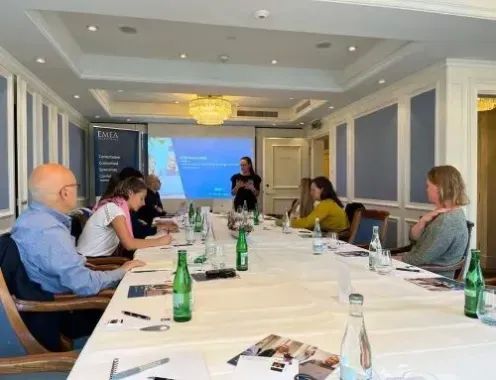
ED&I in the Employee Lifecycle
Keely Straw, Manager of Human Resources, shares knowledge on how you could improve your employee lifecycle, and her experience hosting EMEA Recruitment’s first face-to-face ED&I Roundtable event...
In my Q3 2022 newsletter, I shared insights on the future of work and what that means for Equity, Diversity & Inclusion (ED&I).
By making small changes throughout the employee lifecycle to accommodate a diverse workforce, organisations can improve employee experiences and boost engagement at every stage of the employee lifecycle:
1. Attraction - Brand reputation improves from employee, customer and stakeholder perspectives
2. Recruitment – Providing inclusive candidate journeys creates equal opportunities and allows organisations to draw from a wider talent pool
3. Onboarding – Demonstrating inclusive practices sets a first impression that encourages trust and loyalty
4. Development - Productivity improves, because data shows that employees with disabilities take less time off and stay with companies for longer
5. Retention – Turnover rates drop when everyone feels included and valued
6. Offboarding – Gathering employee feedback helps provide data and insights that can be used to improve ED&I policies further
Through my ED&I and HR networks, I have heard that many companies are already doing this and leading the way to make positive changes; they are eager to create a culture that is inclusive for everyone, regardless. Others are only just starting this journey.
While there is plenty of information available online, at virtual online events and shared across social media, there isn’t anything local to Switzerland for ED&I leads to come together to share topics and success stories.
That is why, this month, I hosted EMEA Recruitment’s first face-to-face ED&I Roundtable event in Zurich.
This was an opportunity for ED&I leads - from multiple industry sectors and size - to come together, share insights on ED&I strategies and how to implement one, as well as other topics.
I would be keen to understand if you would be interested in future roundtable events, either dedicated to ED&I or broader HR topics. In addition, I would welcome the opportunity to hear how diverse your employee lifecycle is and how this compares with the general market consensus.
Please feel free to contact me directly to see how we can support you: [email protected]
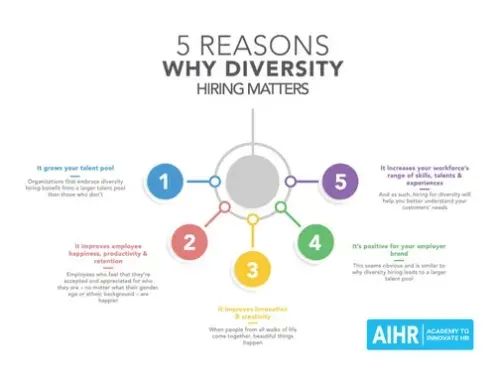
Are you Investing in a Diverse Workforce?
With DE&I on the agenda for both employers and employees, companies around the world are focusing on developing their diverse recruiting strategies, therefore, good practice of hiring candidates under a process that is bias free is paramount.
Diverse recruitment should be aimed on finding the best possible candidate, regardless of a person’s background, and with equal opportunity given. Having diverse teams can contribute to newer and more varied ideas, resulting in companies being more innovative, creative and, overall, achieving better results.
It's also important to note that diversity in the workplace is not solely focused on business results and performance, but equally on building teams from qualified candidates, irrespective of their age, gender, background, race, religion or sexual orientation - this is long overdue and a step towards true equality in the workplace.
Diverse recruitment has many tangible benefits for performance and productivity, such as a broader range of skillsets, increased language and cultural awareness, and a more varied candidate pool.
“Research from McKinsey & Company shows that the most diverse companies are also some of the most profitable: those in the top quartile for gender diversity on their executive teams were 21% more likely to experience above-average profitability than companies in the fourth quartile. As far as cultural diversity goes, companies in the top quartile were 33% more likely to have higher profitability than their less diverse counterparts.”
https://www.moonworkers.co.uk/blog/5-reasons-why-a-diverse-workforce-is-beneficial?gclid=Cj0KCQjwjvaYBhDlARIsAO8PkE31_jm8-HoPOUQGnEg7sHGlB8KR652Gys0JsIYi8l5k3aim2cxfaQYaAqc8EALw_wcB
When recruiting with a diverse strategy, it’s crucial to measure the metrics of your hiring process. Understanding what your company is aiming to achieve in its recruitment and appealing to a diverse demographic is an effective way to encourage a wide range of applications.
So, how can you encourage such applications?
Tips on diverse recruitment
- Audit your previous vacancies and make the necessary changes that will appear to a wider, more diverse audience - make sure the language used isn’t masculine, feminine or aimed towards a certain qualification level, seek to be more inclusive in the wording so as the vacancy can appeal to candidates with different backgrounds
- Source candidates from different platforms - LinkedIn is one of the best tools to use for sourcing, but do not rely on the same channel to find your diverse candidates, as simply using the same platform, time and time again, can result in a similar talent pool and potentially lack in diversity
- Ensure there are equal opportunities at screening - are the applications you receive anonymous? Are your pre-screening methods blind? Does your ATS system have the technology to flag or filter specific skills and experience? All the above will help you to remain free from bias throughout the recruitment selection process
- Boost your employer branding - displaying your employer brand that naturally values its people and opinions from all backgrounds can be appealing to diverse candidates
- Review your policies – company policies that appeal to a wide range of people demonstrate that diversity is valued and embraced as part of the company culture
Diversity recruitment is based on talent and merit, encompassed with ensuring measures are in place to reduce bias when selecting the right candidate. To ensure you have a strong diverse recruitment strategy, do take the above into consideration.
We have noted a significant increase in payroll vacancies, particularly within the manufacturing and company software development industry over the past three months. These larger, multi-national companies have found such roles more difficult to recruit for, thus turning to external support.
If you require recruitment support for your difficult HR roles, contact our international Associate Director, Katie Insley, on [email protected] or +31 20 241 73 66, who can discuss with you the services she has provided to previous clients and how she can support you with your recruitment needs.

Attracting and Retaining Talent for Growth and Sustainability
What recruitment process should you look at implementing to ensure you are attracting and retaining the right candidates to help grow and sustain your business?
This question could not be more topical than it is today.
Candidates are seeking quality of life from their employment, no longer accepting the working conditions pre-2020; the “great resignation” is not a myth, but a fast-growing worldwide reality that is being fuelled by the choice available on the open market.
The continuous job vacancy growth over the past six years for the Netherlands market has been recorded across all sectors.
"The number of new vacancies subsequently rose by 400,000 to 1.4 million in 2021, reaching the highest level ever recorded. The increase was visible in all occupational classes. This is evident from new labour market figures which have been released by Statistics Netherlands (CBS)." Source: https://www.cbs.nl/en-gb/news/2022/23/more-new-vacancies-in-2021-for-all-occupations
Candidates in the Dutch market know they are in a strong position to demand a great work-life balance, choosing organisations demonstrating strong ethics and morals, inclusive directives, and clear corporate policies.
Many Netherlands based organisations offer attractive packages with education stipends and reduced hours to ensure they attract the best candidates on the market.
It is imperative for organisations to address these fundamentals, not only to attract the right level candidates, but to develop and retain your workforce to ensure growth and future success.
Do you consider your workforce your strongest asset?
Once you have addressed your internal structure to promote your organisation, you should also consider reviewing your hiring processes. Is it robust, efficient, or even fit for purpose?
Efficiency is key. Long recruitment/interview processes with multiple testing and difficult panel scenarios can hold a negative impact on your next generation workforce. It’s important to keep momentum of the interview process to ensure a successful outcome.
We hear from many candidates who have entered a difficult recruitment process and cited they have felt “stressed”, “under pressure”, “unable to deliver” and “de-valued”.
Competitors with quick, fluid decision-making processes are often the most successful in attracting and identifying the right level talent.
This hiring process is not just about an organisation considering the suitability of a candidate, but also the candidate considering the suitability of the organisation.
First impressions
Deliver an opportunity that is going to be well received; first impressions really do count:
- Write a job description that accurately reflects your hiring needs. Make it realistic and competitive, not only within the external market, but also with your internal structure.
- Highlight and promote your organisation’s internal policies.
- Define a robust recruitment process, which covers the process from application/interview to offer within a succinct timeframe.
- Provide clear feedback to all engaged with the process, even those you don’t wish to offer; negative feedback can impact the reputation of your organisation for future hiring.
- Make the hiring process enjoyable for all parties.
Growing your reputation in the market will enhance your credibility and attractiveness to invite and retain the future generation workforce you are seeking.
For more support and guidance in streamlining your hiring process, EMEA Recruitment can provide advice on delivering a robust process. If you are interested in finding out more or have any further questions please reach out to David Harper.

Quality vs. Quantity in the Recruitment Process - Which is Paramount?
When looking for a new role, should candidates focus on quality or quantity in the recruitment process? Sasha Gill, one of our Senior Consultants for Procurement, Supply Chain and Operations in Switzerland, explores which is paramount in a candidate-driven market…
The current recruitment market in Switzerland is candidate-driven. As a result, we are seeing an increase of job seekers being involved in multiple different recruitment processes simultaneously.
Being involved in multiple processes can be advantageous when building your personal network and for your own market-value mapping. In the current market, with recent cost-of-living increases, it is more important than ever for job seekers to benchmark their own salaries in the market. Partaking in multiple recruitment processes at the same time is one way to achieve this.
However, an argument can be made that being involved in several recruitment processes could be a disadvantage. Searching for your next career opportunity can be time consuming enough; having multiple, simultaneous processes may dilute your focus on each role and hinder your thorough research on each prospective employer.
We are keen to hear from our network whether you think quality or quantity is paramount in the recruitment process.
When it comes to searching for your next opportunity, is it quality or quantity that you aim for? Are you open to being in multiple recruitment processes at once, or do you prefer to focus your search on one opportunity at a time?
Get in touch with Sasha to let us know: [email protected]
If you’re interested in looking for a new role in Switzerland, Sasha focuses on Procurement, Supply Chain and Operations roles.
You can also take a look at the Finance & Accountancy positions we have available: https://www.emearecruitment.com/finance-and-accountancy
Or, if you’re a Human Resources professional, we may have a role available that interests you: https://www.emearecruitment.com/human-resources-

EMEA podcasts
The EMEA Recruitment podcast welcomes guests from across our network and beyond to share their career journeys, advice, and inspirational stories.




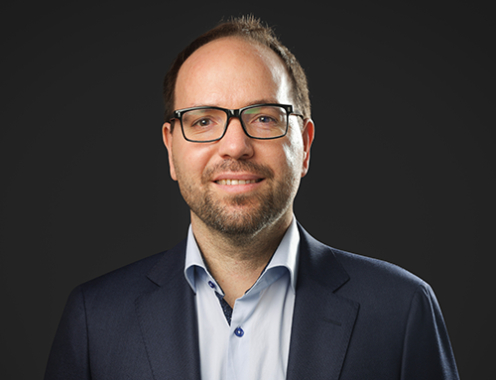
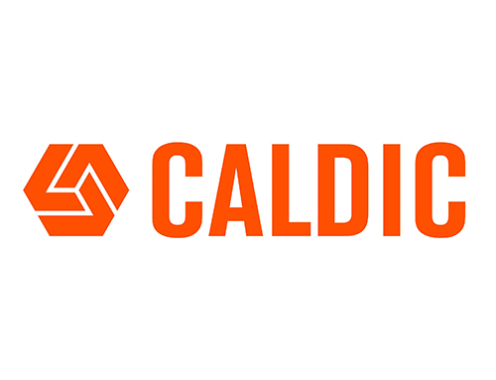

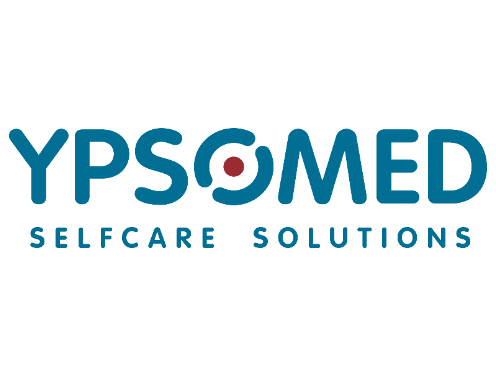
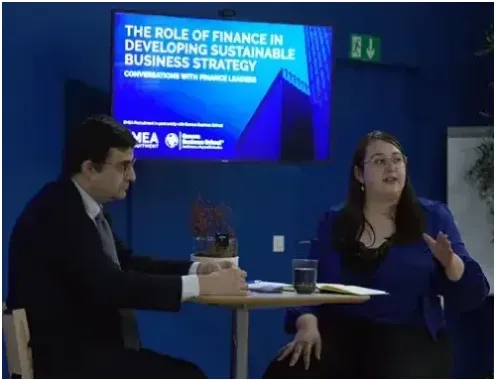
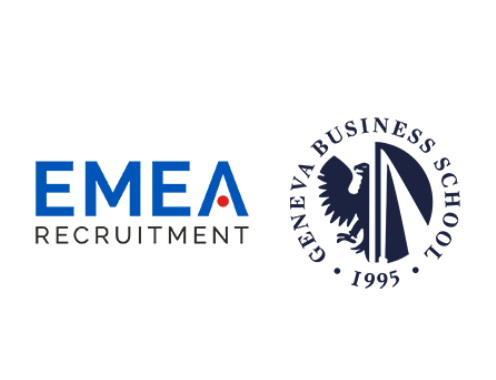
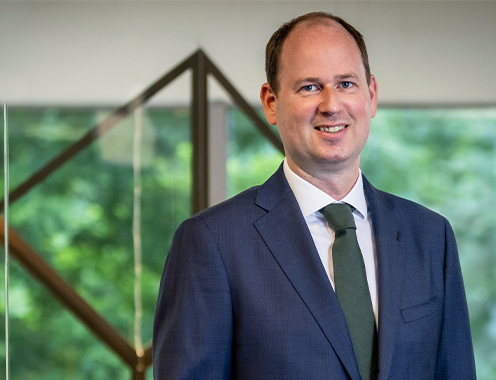
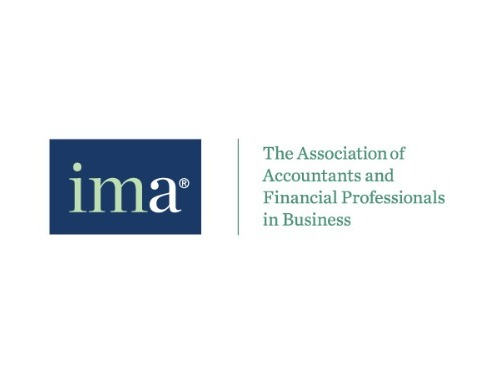

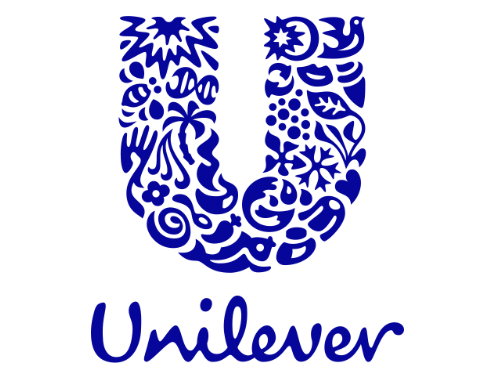

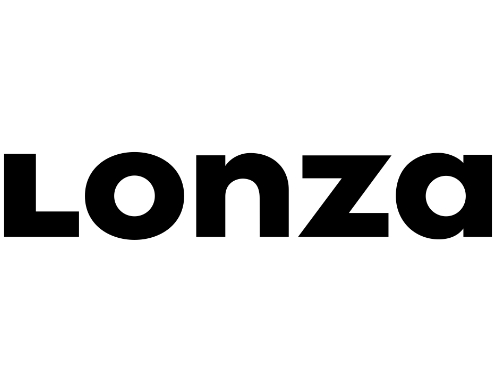


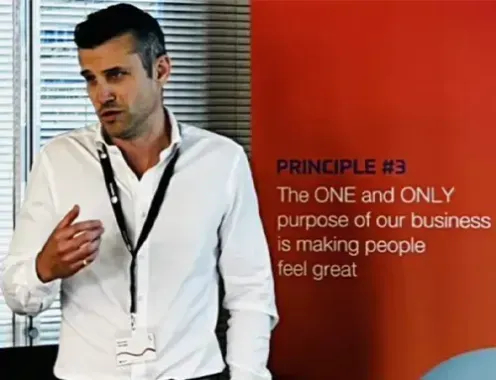
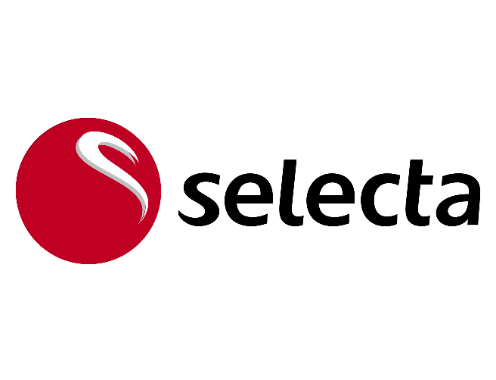

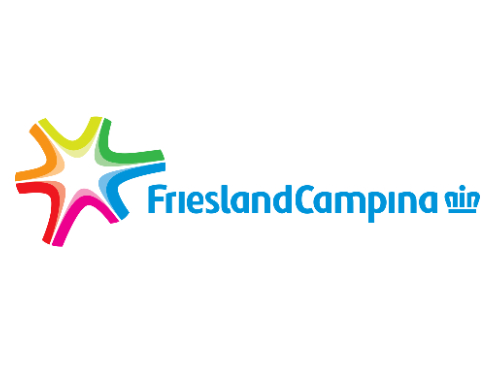


You can also use your social account to sign in. First you need to:
Accept Terms & Conditions And Privacy Policy